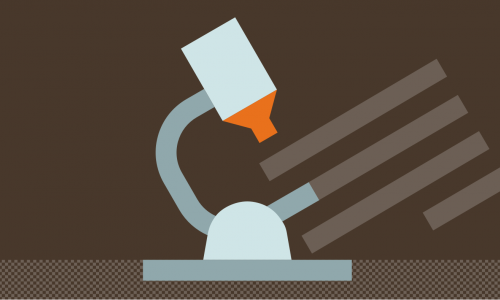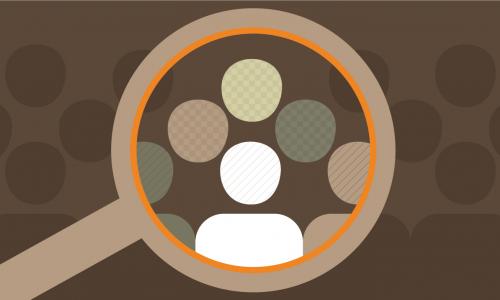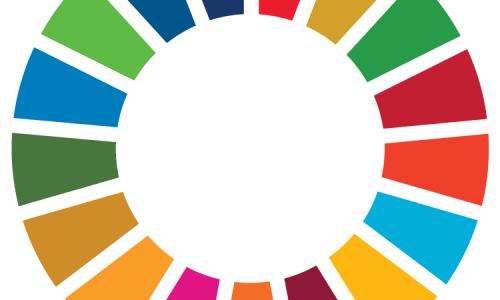Theme 1: Uniting Funders, Doers, and Custodians of Research to Strategically and Comprehensively Advance Quality Gender Research for SDGs
This session draws on the concept of the triple helix as an expression of co-dependency between the purposes and capacities of research funders, research performing organisations, and publishers/facilitators of research communication to advance scientific understanding and expertise needed to incorporate gender perspectives into planning of interventions for SDG targets.
Moderator introducing Theme 1: 1-0 Changmo Sung, Extraordinary Professor of Graduate School of Energy and Environment, Korea University, United Nations Framework Convention on Climate Change (UNFCCC). Technology Executive Committee(TEC) Expert Member (2016-2017)
- 1-1 Youngsuk Chi, Chairman, Elsevier, USA
Enabling inclusive sharing of knowledge for SDGs. Innovations introduced at Elsevier at the nexus of gender, sustainability, and development research communication - 1-2 Eun Mee Kim, Professor of the Graduate School of International Studies at EWHA Womans University, S. Korea
UN SDGs and the Voluntary National Reviews (VNRs) on Gender: What Countries are Reporting and What is Missing in VNRs - 1-3 Ana Maria F. Almeida, Co-lead of the Global Research Council’s Working Group on Gender
Mobilising, enhancing and harmonising the capacity of research funders to advance women and gender perspectives in research programmes for better quality of impact - 1-4 Claudia Sarrico, Policy Analyst, OECD, Paris France
Solving societal problems by fostering gender equality in the educational, research, and innovation functions of HEIs
Modules in Theme 1: Uniting Funders, Doers, and Custodians of Research to Strategically and Comprehensively Advance Quality Gender Research for SDGs
Theme 1 Introduction
Duration
10 m
Theme 1: Uniting Funders, Doers, and Custodians of Research to Strategically and Comprehensively Advance Quality Gender Research for SDGs
View webinar about Theme 1 Introduction

Enabling inclusive sharing of knowledge for SDGs. Innovations introduced at Elsevier at the nexus of gender, sustainability, and development research communication
Duration
1 h
Theme 1: Uniting Funders, Doers, and Custodians of Research to Strategically and Comprehensively Advance Quality Gender Research for SDGs
View webinar about Enabling inclusive sharing of knowledge for SDGs. Innovations introduced at Elsevier at the nexus of gender, sustainability, and development research communication

UN SDGs and the Voluntary National Reviews (VNRs) on Gender: What Countries are Reporting and What is Missing in VNRs
Duration
1 h
Theme 1: Uniting Funders, Doers, and Custodians of Research to Strategically and Comprehensively Advance Quality Gender Research for SDGs
View webinar about UN SDGs and the Voluntary National Reviews (VNRs) on Gender: What Countries are Reporting and What is Missing in VNRs

Mobilising, enhancing and harmonising the capacity of research funders to advance women and gender perspectives in research programmes for better quality of impact
Duration
1 h
Theme 1: Uniting Funders, Doers, and Custodians of Research to Strategically and Comprehensively Advance Quality Gender Research for SDGs
View webinar about Mobilising, enhancing and harmonising the capacity of research funders to advance women and gender perspectives in research programmes for better quality of impact

Solving societal problems by fostering gender equality in the educational, research, and innovation functions of HEIs
Duration
1 h
Theme 1: Uniting Funders, Doers, and Custodians of Research to Strategically and Comprehensively Advance Quality Gender Research for SDGs
View webinar about Solving societal problems by fostering gender equality in the educational, research, and innovation functions of HEIs

